Portland Insurance Claim Help: Practical Support for Maine Policyholders
.svg)
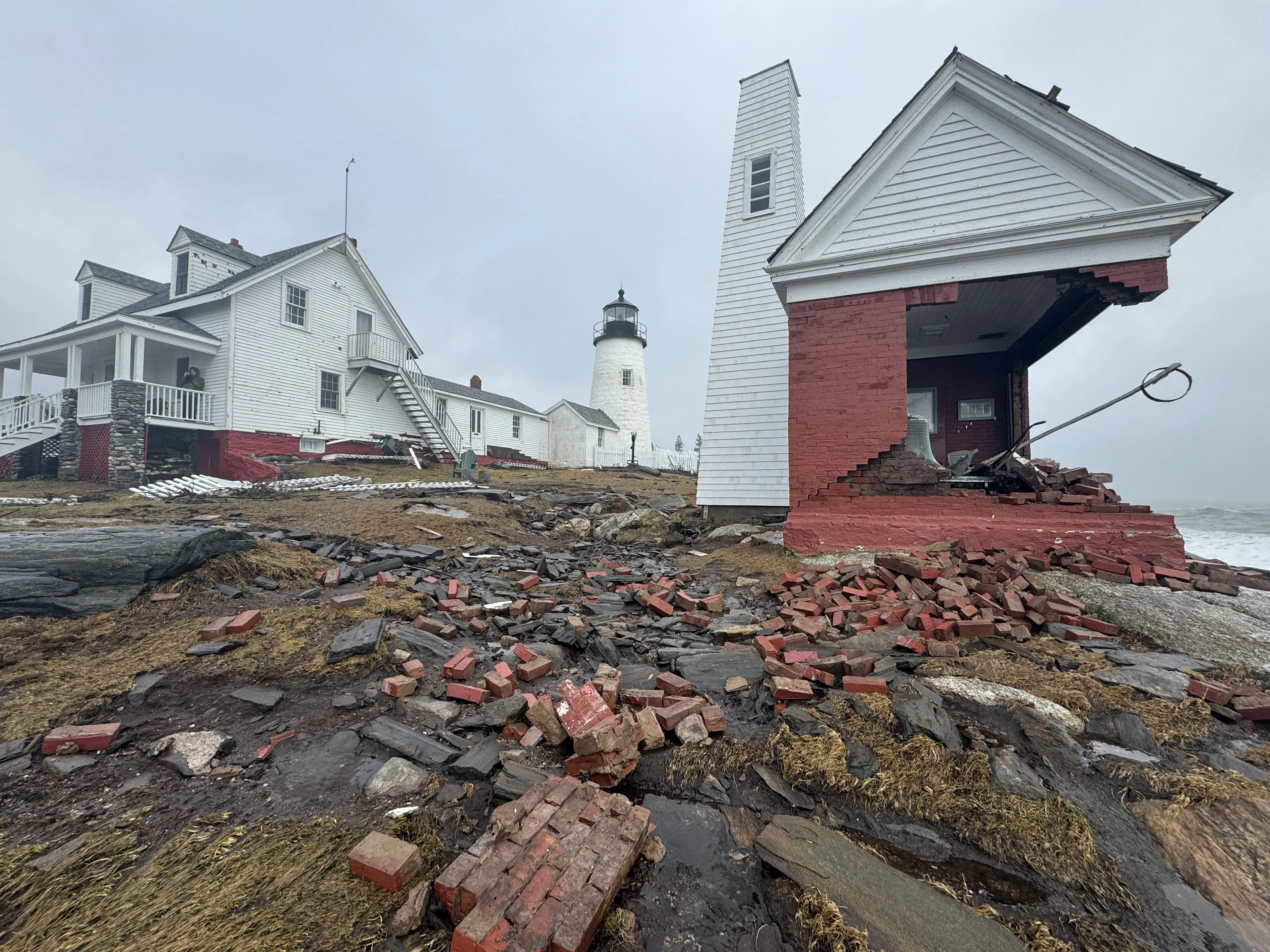
Why Portland Insurance Claim Help Matters After a Serious Loss
When a Nor’easter blows in off Casco Bay and drives wind-driven rain against homes on Munjoy Hill, when heavy, wet snow piles on roofs in Deering Center, when an ice dam pushes meltwater into a Back Cove bungalow, or when a small kitchen fire in the Old Port fills a mixed-use building with smoke, the last thing on your mind is “claims strategy.”
In those first hours, you are doing what anyone in Portland would do: trying to keep people safe, call the fire department or plumber, throw tarps over obvious openings, get the power checked, move furniture away from soaked walls, and figure out whether you can even stay in the building overnight. Your policy feels like something you will deal with “once things calm down.”
But once the immediate danger is under control, the reality sinks in. Replacing a roof, repairing salt-stained siding, tearing out and rebuilding wet ceilings, drying framing, cleaning smoke from contents, and dealing with code issues in older Portland buildings is expensive. Your ability to recover—financially and practically—now depends on what happens with your insurance claim. That is where Portland insurance claim help stops being a vague idea and becomes essential.
Many policyholders assume that part will be easy. You have paid your premiums for years. The damage is obvious. You file a claim, the company sends an adjuster, and a check arrives that covers what it actually costs to restore your home, condo, rental, or business. It sounds simple and fair.
The reality is that property insurance claims are governed by contracts, not by instincts about fairness. Your homeowners, landlord, or commercial policy is written by the insurance company, in its language. It separates covered causes of loss from excluded ones, sets limits and sub-limits, and imposes duties on you: how fast you must report the loss, what steps you must take to protect the property, what documentation you have to provide, and how long you have to challenge a decision. Terms like “sudden and accidental,” “repeated seepage,” “surface water,” “backup,” and “collapse” do not always match common-sense meanings. Endorsements can limit or expand coverage for things that matter a lot in Portland, Maine—wind, hail, water from below, freezing, and code upgrades in older structures.
On top of that, the first person you meet in the claim process—the adjuster sent by your carrier—is not your personal representative. They are either a staff adjuster on the company payroll or an independent adjuster hired and directed by the insurer. Their job is to investigate your loss, apply the policy language the way the company is trained to see it, and build an estimate using their software, their assumptions, and their internal pricing.
They may be courteous and empathetic, but their obligation is to the insurance company, not to you.
Portland insurance claim help exists to put someone on your side of that equation—someone who understands how Portland’s coastal and winter weather actually damages homes and buildings, how older housing stock behaves when opened up, and how the contract can be read in a way that fully recognizes what you’ve lost. Without that support, you are walking into a technical, high-stakes process with a team of professionals on the other side of the table and no equivalent advocate standing next to you.
How the Portland, Maine Insurance Claim Process Really Works
From outside, the claim process looks simple: you report the loss, the company inspects, and you get paid. Anyone who has gone through a significant claim in Portland knows it is more complicated. Understanding those steps is the foundation of effective Portland insurance claim help.
It begins with your first notice of loss. You call your agent, use the carrier’s app, or dial the 1-800 number. You are asked when the loss occurred, what caused it, and what is damaged. You might be standing in a damp basement in North Deering or in a smoke-filled hallway off Congress Street while you answer.
That conversation feels like a quick, informal report, but it usually becomes part of your permanent claim file. The words you choose matter.
If you say “we’ve had a little leak for a long time” when you really mean “I never saw water until after yesterday’s storm,” the company may later argue that your loss is long-term seepage or maintenance, not sudden storm damage. If you tell them “the basement always gets wet when it rains” when this is the first time water has come in at this scale, you may unintentionally push the claim toward exclusions for groundwater or surface water instead of toward backup or other covered causes.
One of the simplest forms of Portland insurance claim help is advice to stick strictly to what you know: when you first noticed the problem, what the weather and conditions were like, what you saw, heard, and smelled, and what you did immediately afterward. Leave engineering conclusions and speculation about long-term issues to professionals who can back those opinions with evidence.
Once the claim is opened, the insurer assigns an adjuster and schedules an inspection. After a big coastal storm or city-wide freeze, that adjuster may be juggling a large number of Portland insurance claims across the peninsula and surrounding neighborhoods. The visit itself may be brief: a walk-through, some photos, a few measurements, and basic questions.
On paper, that is the “investigation.” In practice, it is often limited by time and by what the adjuster is trained to look for.
In a coastal wind-driven rain claim, they may focus on the one wall or ceiling where water showed up, without tracing back how rain penetrated siding, flashing, or windows. In an ice-dam case, they may photograph interior stains but spend little time examining the roof structure, insulation, and ventilation that determine how far water has traveled and which materials are now vulnerable. In a fire or smoke loss, they may document the burned kitchen or unit and only briefly note smoke odor elsewhere.
Back at their desk, the adjuster feeds these observations into estimating software. That software is industry standard, but it does only what the adjuster tells it to do. If they define a narrow scope—limited demolition, minimal drying, patch repairs instead of full replacement—and choose conservative labor and material prices for Portland, the estimate will be low.
That number becomes the company’s opening position. You receive a statement of loss and often an initial check. If your policy provides replacement cost, the payment may be reduced for depreciation, with a promise that you can recover the difference once you repair and submit invoices.
Many policyholders, already drained by the disruption, assume this is “what the claim is worth” and start trying to make it work. Only when they talk to local contractors do they see the gap. Portland-area roofers, builders, mitigation companies, and tradespeople review the same damage and produce bids that include:
Full demolition of wet or burned materials, not just surface patches.
Realistic drying, dehumidification, and cleaning schedules.
Replacement of entire roof slopes, siding elevations, or sections of interior finishes where damage is widespread.
Labor and material prices that reflect what it actually costs to work in and around Portland, Maine.
Suddenly it becomes clear that the initial estimate is a starting point, not the full story. Portland insurance claim help steps in at precisely this stage: re-framing the claim so that your contractor’s reality, not just the insurer’s software output, drives the conversation.
That help may involve:
- Reading your policy carefully to see what coverage really exists.
- Re-inspecting the property with an expert eye.
- Building a detailed, independent estimate grounded in local costs and building codes.
- Organizing photos, reports, invoices, and bids into a coherent supplement.
The insurer responds to that supplement with approvals, partial approvals, objections, and requests for more information. Each response comes with deadlines and conditions. Your policy may require a sworn proof of loss, may set time limits for demanding appraisal or filing suit, and may impose ongoing duties to cooperate and mitigate.
Without guidance, it becomes easy to miss those requirements or to respond in ways that weaken your position. With structured Portland insurance claim help, you track your obligations, meet deadlines, and answer objections with focused evidence instead of frustration.
Common Portland Property Losses and Where Claims Go Wrong
Every city has its own pattern of property losses. Effective Portland insurance claim help requires understanding how damage typically happens here—and how those losses are often undervalued.
Coastal wind and rain are at the top of the list. Portland’s location on the water and exposure to Nor’easters mean that strong winds and sideways rain are part of life. Wind can strip shingles, loosen flashing, and drive rain into vulnerable joints in roofing, siding, windows, and doors. Salt air and moisture can accelerate wear, making it easier for carriers to argue that damage is “age and deterioration” rather than storm-related.
If a company adjuster focuses only on visible interior staining and a few obvious exterior issues, the claim may miss the broader impact: compromised flashing systems, wet insulation, damaged sheathing, and long-term moisture paths that will cause problems well after the claim is closed. Portland insurance claim help looks at the entire envelope, not just the one room where water showed up.
Winter claims are another major category. Ice dams form at roof edges, especially on older Portland homes with partial attic insulation and complex rooflines. As water backs up behind these dams, it can travel under shingles and into roof decks and walls, often far from where the ice is visible. Heavy snow loads can stress roofs, porches, and flat sections over additions, especially in older housing stock and converted spaces.
Insurers may treat ice-dam damage as minor, offer to repaint ceilings, and move on. Months later, homeowners discover mold, sagging, or ongoing leaks because saturated materials were never removed or dried properly. Effective Portland insurance claim help insists on understanding where water actually went and ensures that the claim scope includes demolition and drying sufficient to prevent long-term issues, not just cosmetic repairs.
Water losses from plumbing and heating systems are also common. Freeze events can crack pipes in uninsulated walls, basements, and mechanical rooms. Leaks can go unnoticed in seasonal or less-used spaces until significant damage is done. Hot water heaters, boiler components, and appliance supply lines can fail and send water into finished areas.
Again, surface-level responses—patching a small section of drywall, replacing flooring in only one room—often underestimate the real reach of water. Portland insurance claim help views water as a three-dimensional problem: it does not care about room boundaries or paint colors, and it often travels through hidden cavities before becoming visible.
Fire and smoke losses in Portland, Maine, bring their own complications. Multi-story homes, rowhouses, and mixed-use buildings common around the peninsula can channel smoke through stairwells, shared walls, and ductwork. A relatively contained fire in one unit can leave odor and soot in neighboring units, attics, and common spaces.
Insurance estimates may heavily fund the obvious burn area but provide limited allowances for cleaning and deodorizing the rest of the building. Without strong advocacy, policyholders end up living or working with lingering smoke odor and contamination. Portland insurance claim help involves carefully documenting where smoke actually traveled, evaluating what can be cleaned versus what must be replaced, and pushing for a scope that restores a healthy interior environment.
Rental and small commercial properties—triple-deckers, multi-family buildings, storefronts with apartments above, restaurants, offices, and shops—introduce another layer: income. When these properties are damaged, rent or business income can drop sharply while repairs drag on. Policies may include loss-of-rents or business-income coverage, but these are often contested.
Owners lose money in these Portland insurance claims when income loss is not clearly documented and tied to the damage and repair timeline. Expert help can mean organizing leases, rent rolls, sales records, and realistic schedules into a structured income claim that the carrier can evaluate against the policy, instead of dismissing it as vague or speculative.
In every one of these scenarios, the pattern is the same: the most expensive parts of the loss are often the least visible and the easiest to dispute. Without deliberate, informed Portland insurance claim help, those parts are exactly where your claim is most likely to come up short.
Using Portland Insurance Claim Help to Strengthen Your Claim
Portland insurance claim help is most effective when it builds on smart actions you take from the start. Even before you decide whether to work with a public adjuster or other claim professional, you can lay the groundwork for a strong, well-documented claim.
First, focus on safety and reasonable mitigation. If a structure feels unsafe or heavily compromised, get people out and wait for professionals. Once immediate danger is addressed, take steps to prevent further damage:
- Shut off water to broken or suspect lines if you can safely reach the valves.
- Arrange tarping or emergency repairs for damaged roofs, windows, or doors.
- Move undamaged contents away from affected areas.
- Contact water or fire mitigation companies to extract water, set drying equipment, or secure the property when appropriate.
Keep every invoice, work order, and receipt for these measures. Most policies require you to take reasonable steps to protect property and will often reimburse those costs when coverage applies. These documents also help define the timeline and severity of your loss.
Second, document thoroughly before major cleanup or demolition. Use your phone to capture:
- Exterior views from all sides, including roofs when they can be photographed safely, siding, windows, decks, porches, and visible storm or fire impacts.
- Interior views of every affected room from multiple angles.
- Close-ups of specific damage: water lines, staining, warping, char, soot, cracked windows, damaged finishes, and affected contents.
As demolition and remediation proceed, keep taking photos and short videos. When a contractor opens a wall and finds soaked insulation, mold growth, charred framing, or structural issues, document those discoveries. These “inside the wall” photographs are often what convinces an insurer that the initial scope was too narrow.
Third, be present if possible for the company adjuster’s inspection. Walk them through the property, calmly and systematically. Show all areas you believe are affected, not just the most dramatic ones. Provide copies of mitigation invoices and any contractor estimates you already have. Answer questions honestly, but stay within the facts: what you saw, when you saw it, and what you did. Avoid casually agreeing with statements that suggest this has been “happening for years” or that the damage seems minor if that doesn’t match your actual experience.
Fourth, scrutinize the insurer’s estimate when it arrives. Ask yourself:
- Does every damaged area and system appear somewhere in the scope?
- Are quantities and measurements realistic, given what you have seen and what your contractors say?
- Is there enough demolition, drying, and cleaning, or is the plan mostly patchwork and paint?
- Do material descriptions reflect what you actually had, or are they using cheaper substitutes?
Then compare that estimate with bids from reputable Portland-area contractors. The differences you see—larger demolition areas, longer drying times, more comprehensive roof or siding replacement, higher labor rates, and code-related work—are exactly where Portland insurance claim help will concentrate.
At that point, if the loss is substantial or complex, many policyholders choose to bring in a public adjuster or other advocate. That professional can:
- Interpret your policy in detail and explain what it truly promises.
- Re-inspect your property with an eye for hidden damage.
- Prepare a detailed, independent estimate based on Portland market realities.
- Compile your documentation into a clear and persuasive claim package.
- Negotiate directly with the insurer’s adjusters, consultants, and decision-makers.
You remain in charge of key decisions—what settlement to accept, whether to pursue appraisal if your policy allows it, whether to consult legal counsel if negotiations break down—but you are no longer alone in the technical and procedural fight. With structured Portland insurance claim help, the process stops being a series of confusing letters and sporadic phone calls and becomes a managed effort with a clear aim: a settlement that actually funds proper, code-compliant repairs and lets you move forward.
Conclusion
Across Portland—from Munjoy Hill and the Old Port to Back Cove, Deering, and the surrounding communities—serious property damage is rarely as simple as a few broken shingles or a stained ceiling. A coastal storm that drives rain into your siding, an ice dam that forces water under your roof, a burst pipe that soaks floors and walls, or a fire that fills a building with smoke does far more than mark up materials. It displaces families and tenants, disrupts businesses, and puts years of savings and effort at risk.
Your property insurance policy is supposed to stand between you and the worst of that financial impact, but the system that turns policy language into actual checks is built and run by your insurer. The first adjuster you meet works for that company, not for you. If you accept their quick view of your loss and their first estimate as the full story, you are effectively letting the carrier’s internal priorities decide how completely your home, condo, rental, or business will be restored.
Portland insurance claim help exists to change that dynamic. By documenting your loss carefully, understanding how claims really function in Maine, comparing insurer estimates with real-world Portland contractor costs, and working with professionals who know both insurance and local construction, you turn a one-sided ordeal into a disciplined, evidence-based claim. Instead of hoping that things will “work out,” you present the full reality of what happened to your property and what it truly costs to make it whole again.
In a coastal city where the next storm, freeze, or unforeseen fire is never far away, that kind of informed, local advocacy can be the difference between a thin patch and a full, confident return to normal life. With the right Portland insurance claim help, you are not just a claim number—you are an informed policyholder actively protecting your home, your income, and your future in Maine.



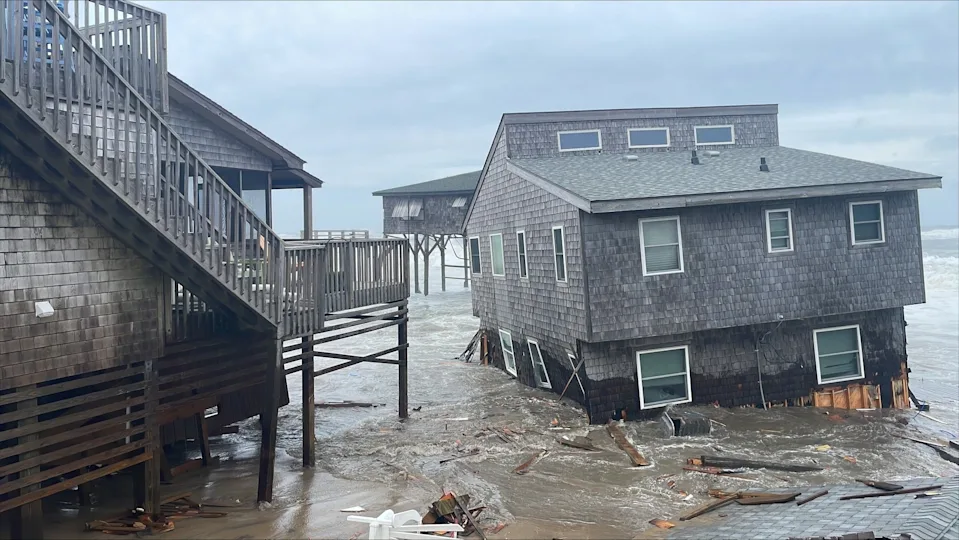
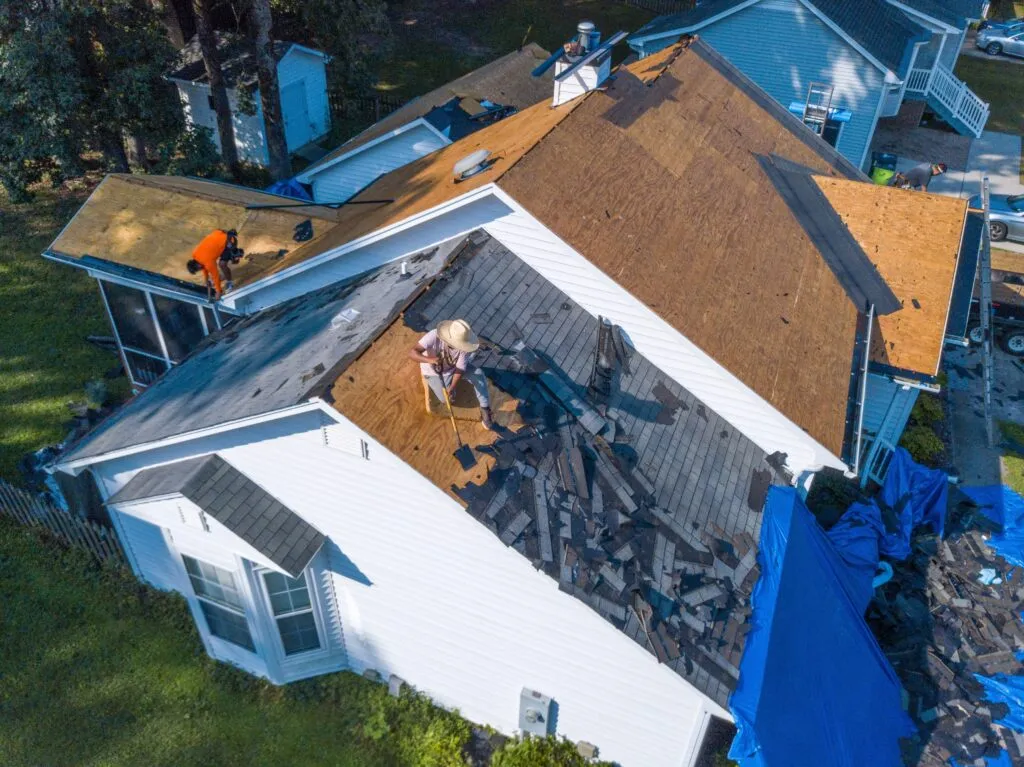

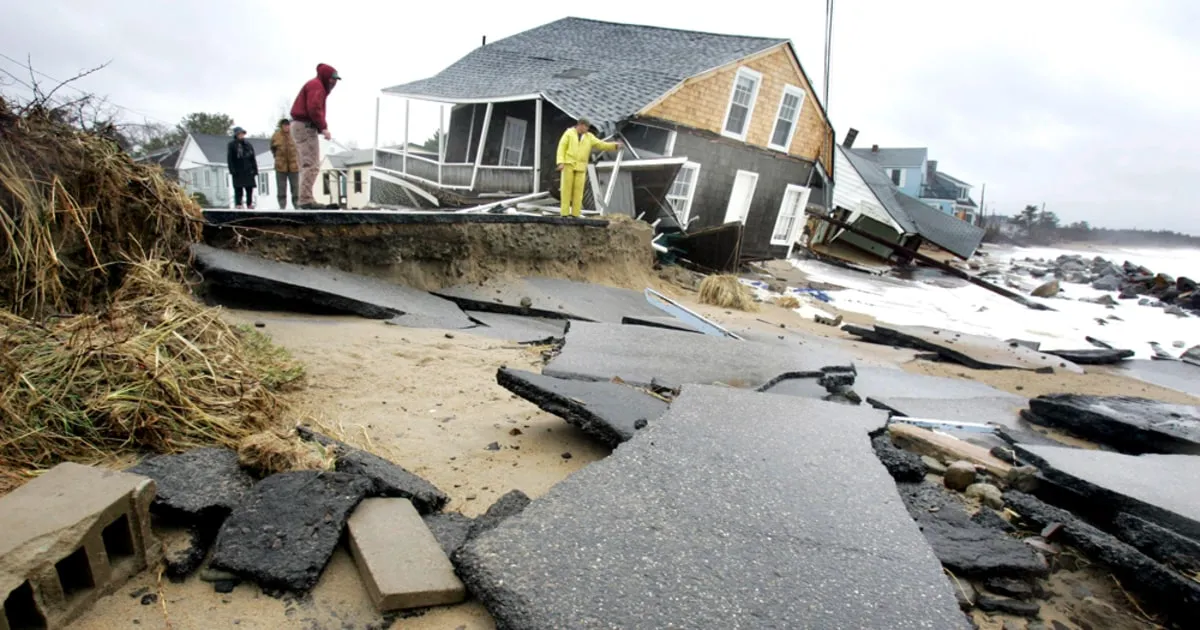

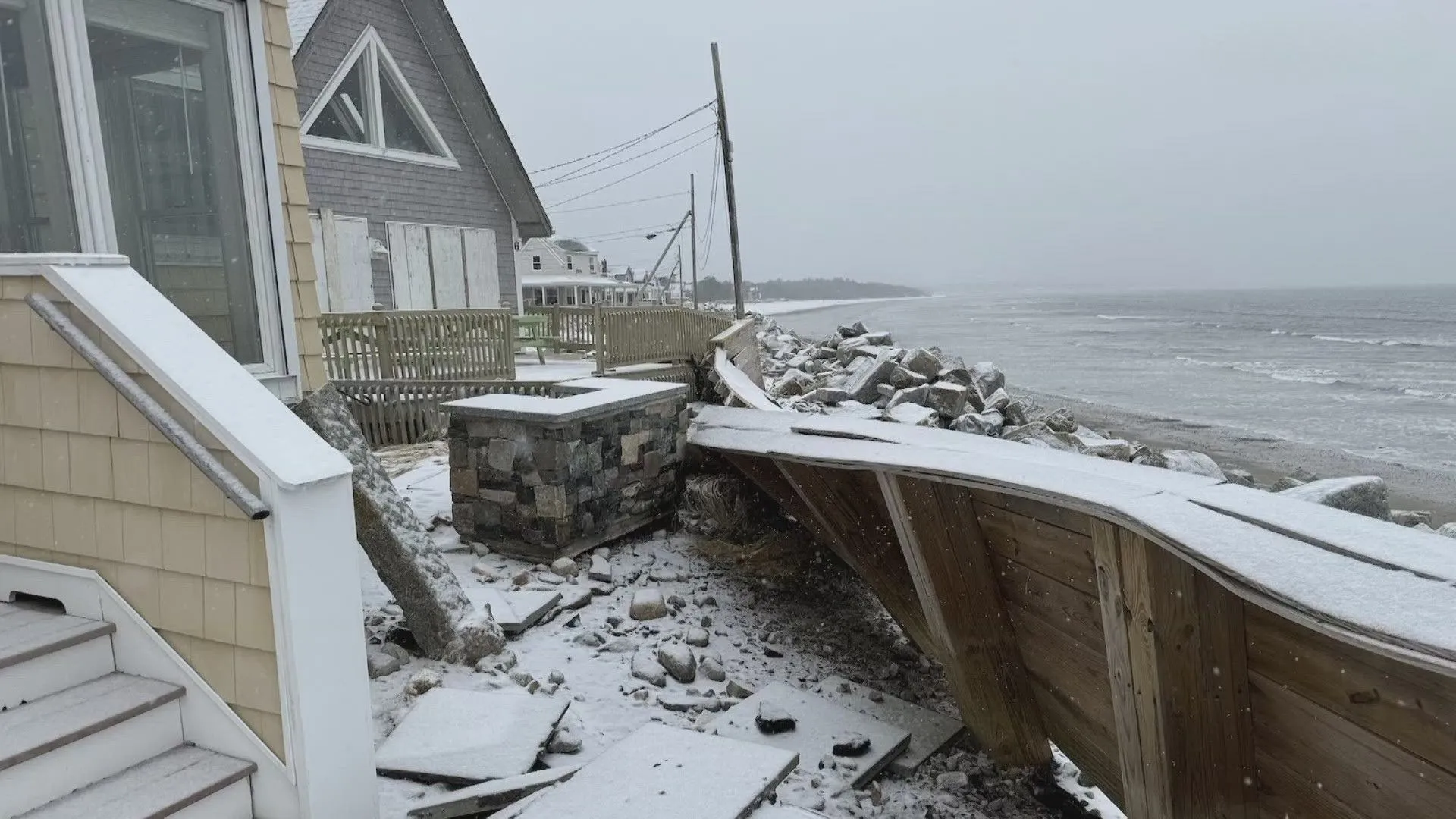
.svg)